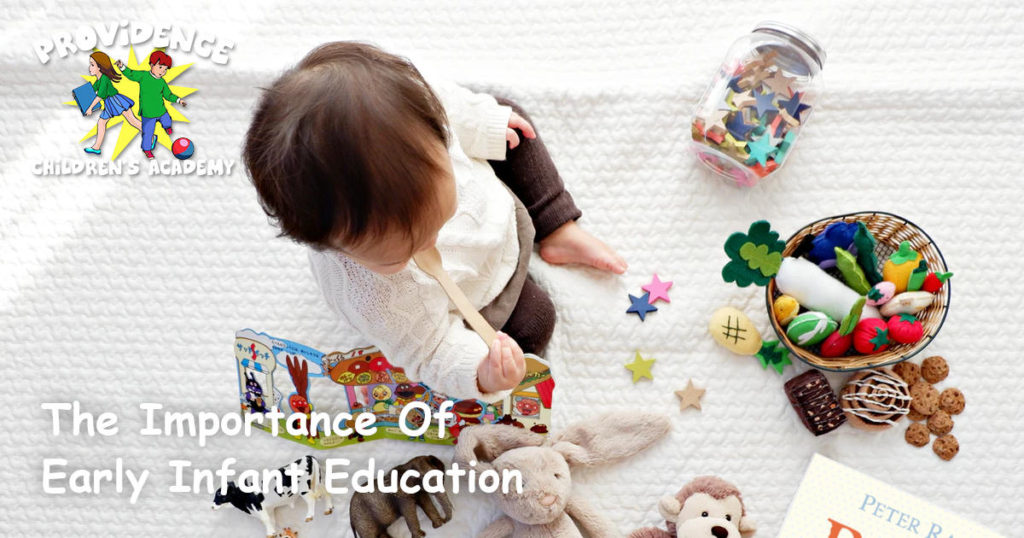
In recent years, researchers have come to understand the importance of early childhood development. Babies and toddlers are constantly learning about themselves and the world around them but structuring that learning can be difficult. Parents and educators have a great responsibility for the young lives that have been placed in their care. This can be overwhelming to new parents and they are left with many questions. Below we answer five frequently asked questions about infant education.
How Important Is Infant Education?
Infant education is essential for the success of your baby’s adult life.
The first eight years of a child’s life can directly impact the developmental heights they will reach in adulthood. It is during this time that children are introduced to essential mental, emotional, and social skills.
The first 24 months have proven to be of particular importance to cognitive development. Research conducted by the National Association for the Education of Young Children (NAEYC) and the National Institute for Early Education Research (NIEER) have devoted years of study to understanding the impact of early learning on children’s lives. The evidence presented in the last decade has been convincing enough for governments to design programs like the Voluntary Prekindergarten (VPK) to encourage parents to invest in their children’s education from a young age.
How Early Can I Start Teaching My Baby?
Infant education starts before babies are born. This sounds surprising but research has shown that early exposure to music is linked to good memory, focus and advanced math skills in children.
At 20 weeks old, a baby’s hearing is fully developed, and they are able to hear music and your voice. Playing gentle music, reading and speaking to your baby regularly can stimulate the baby’s brain development.
How Do I Start Teaching My Newborn?
Although it could feel like your newborn baby is just eating and sleeping, they are learning constantly too.
Your newborn is learning critical communication skills by learning to communicate their needs to others. When reading stories and directing speech to your baby, focus on using different voices to keep them intrigued. This will help with their cognitive development. Sitting up and visual tracking are just two of the many skills that your child will be learning during their infancy.
It is important to use creative and stimulating ways to encourage your child to engage with you, in a way that meets their development stages.
How Can I Play With My Baby To Encourage Development?
Apart from reading and speaking to your child, a creative way to encourage your child’s development is through play. Children learn through play.
The toys your infant is exposed to during infancy should be used for more than entertainment. Toys that encourage curiosity and stimulate their sense allow for cognitive and motor development too. Rice rattles, building blocks and plush toys are ideal to teach your infant about the world around them.
A good toy paired with an enthusiastic adult can do wonders for your child’s development.
What Should I Look For In A Good Infant Daycare?
Infant daycare fosters the development of social skills. When children are first separated from their primary caregiver, it can be overwhelming for the parent and baby, but experienced daycare teachers can help you through the process.
A good daycare center will have fewer children per teacher, small group sizes and qualified teachers. Missing even one of these could limit your child’s development as they could miss out on quality, personalized care.
At Providence Children’s Academy, we believe that children should be given the tools and provided with an environment that helps them develop at their own pace. Our daycare facility is spacious, includes technology, and has qualified staff to support you and your child through the various stages of their development. Contact us today at 954-570-6914 to start your infant’s educational journey.
